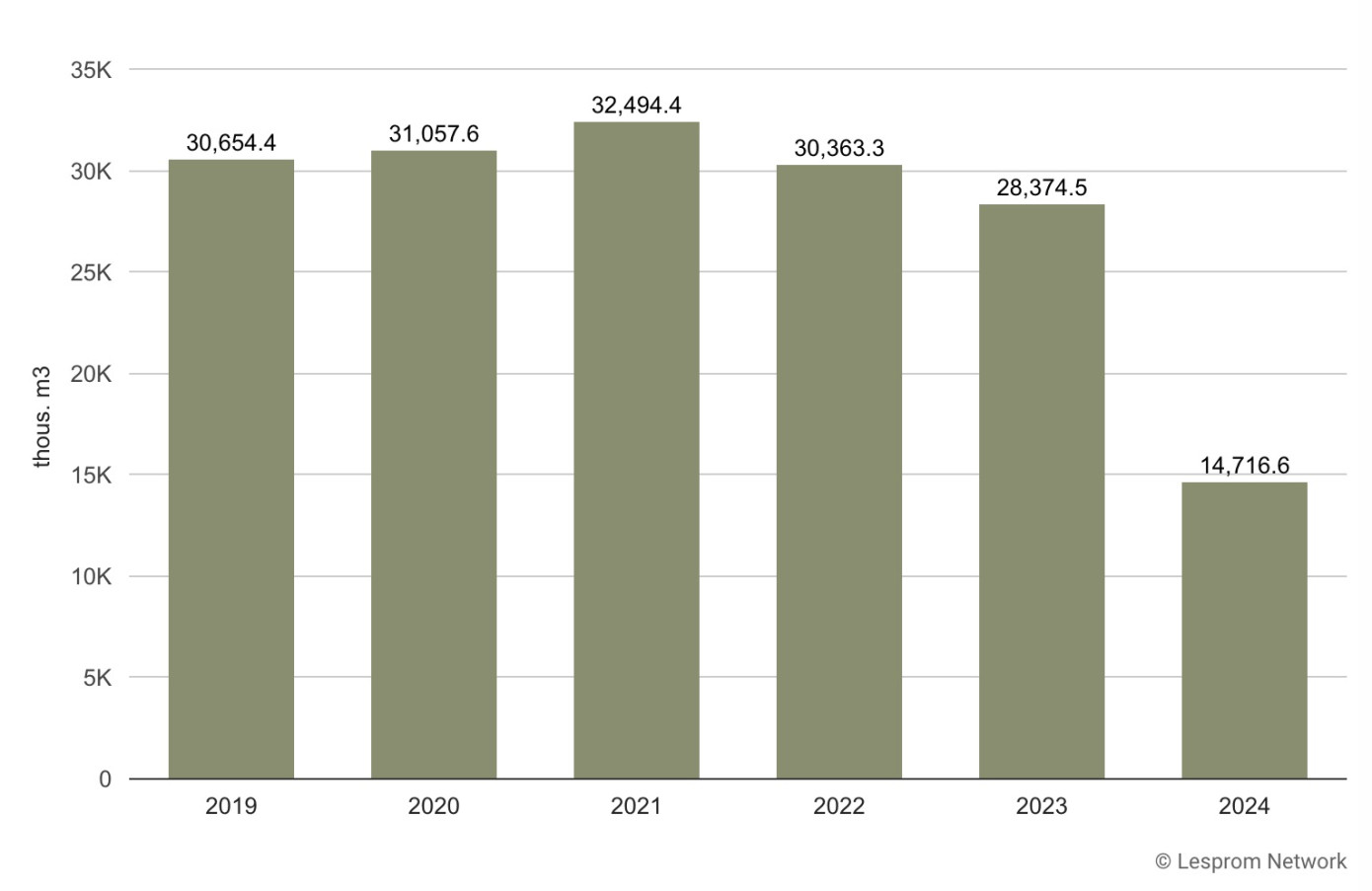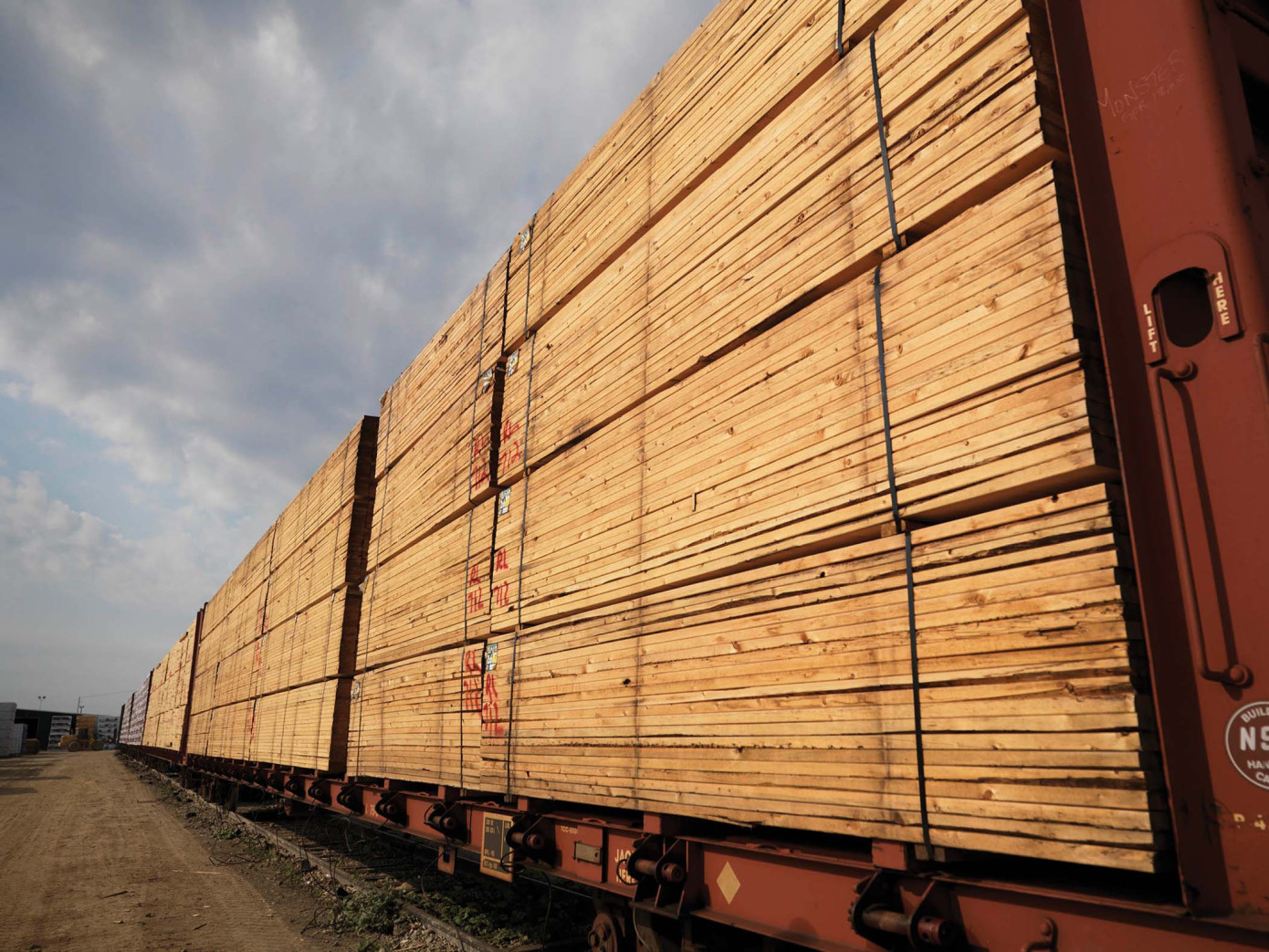Canada's two largest railroads, Canadian National Railway (CN) and Canadian Pacific Kansas City (CPKC), locked out more than 9,000 workers Thursday after failing to reach new labor agreements with the Teamsters Canada Rail Conference (TCRC). The work stoppage is expected to severely impact the country’s forest product exports, a sector that generated C$45.5 billion in 2022, according to government data, and plays a critical role in Canada’s economy.
Negotiations between CN, CPKC, and the union began in early 2024 as the existing labor agreements neared expiration. Talks intensified over the summer as the companies and the union focused on issues such as scheduling, fatigue management, and worker safety. Despite efforts to secure a deal before the September 2024 deadlines, negotiations broke down, leading to the lockout on August 22, 2024.
Canada, the world’s second-largest country by area, relies heavily on its rail network to transport key commodities such as grain, automobiles, potash, and coal. Annually, Canadian railways move about C$380 billion ($277 billion) worth of goods and commodities. The labor stoppage is expected to have significant repercussions across North America, disrupting supply chains that are crucial to multiple industries.
CN, North America's largest rail carrier of forest products, relies heavily on transporting lumber, pulp, and paper products, with over 10% of its revenue tied to the housing market, according to company's website. The labor dispute threatens to disrupt the flow of these essential goods, exacerbating supply issues in both Canada and the U.S. Lumber shortages, in particular, could slow construction projects and increase costs, further straining the housing market. Image: Canada’s exports of lumber to United States in January 2019 - June 2024 / USDA through Lesprom Analytics
Companies in the forest sector are already feeling the impact. Pulp producer Mercer International has begun working on contingency plans, including alternative transport methods. Meanwhile, Conifex Timber has reduced its sawmill operating schedule at its Mackenzie, British Columbia site due to the uncertainty surrounding rail transport.
The short-term outlook for the lumber market could see pricing upside as production curtailments tighten supply. As companies scale back operations due to transportation disruptions, the resulting shortages could drive up prices in the near term, especially if the labor dispute continues without resolution.
Moody's estimates that the simultaneous work stoppage at CN and CPKC could cost the Canadian economy C$341 million per day. Given that about 75% of Canadian exports are destined for the U.S., with much of that trade reliant on rail transport, the economic ripple effects are expected to be widespread. Forest products are a major component of this trade, and delays could disrupt supply chains across North America, particularly for construction and manufacturing industries.
